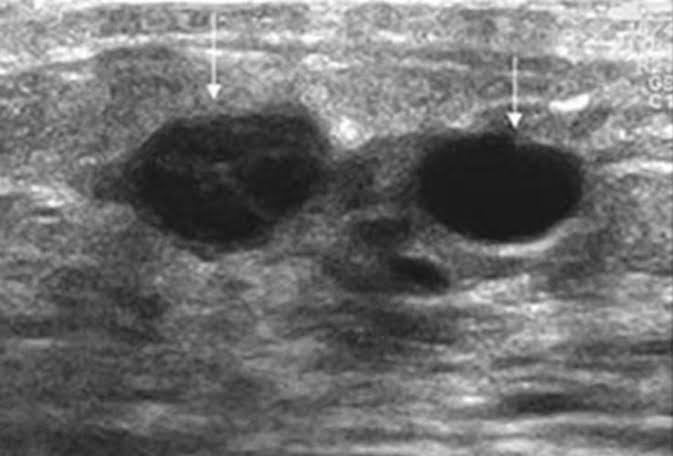
Breast cancer is the most commonly diagnosed cancer in women (24.2%, i.e. about one in 4 of all new cancer cases diagnosed in women worldwide are breast cancer). Approximately 2.1 million women diagnosed with breast cancer in 2018.
In developing countries, More than 50% of the women who are detected with breast cancer end up losing their lives within a year. And this is because of the late detection. People wait till there is a huge lump that they can feel and that they know that they cannot hide it from their family members anymore and only then they go to the hospital by which time it could be already at the advance stage, and it would be very difficult to treat and save.
Prognica Labs (www.prognica.com), founded by Khalid Shaikh (https://www.linkedin.com/in/khalidaffaan), is an artificial intelligence (AI) medical imaging start-up based in Dubai focused on deep learning and medical imaging. Prognica created a technology that takes ultrasound images, finds anomalies and classifies them as either suspicious or non-suspicious.
In order to improve breast cancer outcomes and survival, regular screening is necessary to prevent the malignancy. Breast cancer screening is a regular examination to detect breast cancer. Early detection could ensure timely treatment of patients, thereby reducing the mortality rate.
Cancer incidence in the Middle East region is on the rise with the number of cases expected to double by 2030, according to the World Health Organisation (WHO).
Healthcare as we know today has several problems.
“We at Prognica are trying to address these issues through data and intelligence. We are developing the next generation smart screening technology for medical image analysis that healthcare providers and patients can confidently rely on” says Khalid.
“We are tackling this long term goal by making cancer screening and diagnostics as accurate and accessible as possible, to improve patient care, hospital administration, supply chain and logistic efficiencies by building an AI platform which takes images from various sources. These images are annotated, classified and tagged, not only to churn out results, but also support it with visual evidence to make it easily verifiable.” Khalid adds
The healthcare artificial intelligence market is expected to grow from $2.1 billion in 2018 to $36.1 billion by 2025, at a compound annual growth rate of 50.2 percent during the forecast period, according to ReportLinker.
According to BS Vadivelu, advisor to Prognica, Breast Cancer Screening Market is expected to be more than US$ 20 Billion by 2022. It should be enough to drive both entrepreneurs and investors towards the sector.
Healthcare organizations are increasingly eager to implement machine learning, deep learning that can provide clinical decision support while improving the efficiency.
Khalid adds, currently we are focusing on ultrasound, which is a relatively inexpensive and readily accessible imaging modality that can be utilized in the evaluation of clinically palpable breast masses. Ultrasound is a painless procedure that uses sound waves to make images of the inside of your body. The sound waves bounce off surfaces in your body, and the "echoes" are recorded and transformed into video or photographs. It’s often used in addition to mammography to tell whether a lump in a breast is a cyst (a fluid-filled sac) or a solid mass, which might be cancer. This will also help pinpoint the position of a tumor. There is no need for a manual review by a radiologist. Remote diagnosis is made possible if second opinion is needed. Oncologists or radiologists can access from anywhere, anytime.
The platform will also be available for Research and Education.
For more information on the Prognica Labs, check out their website here (www.prognica.com). You can also follow them on Twitter (https://twitter.com/PrognicaLabs), Facebook (https://www.facebook.com/prognicalabs), and LinkedIn (https://www.linkedin.com/company/prognica/) to stay updated with their latest news.





